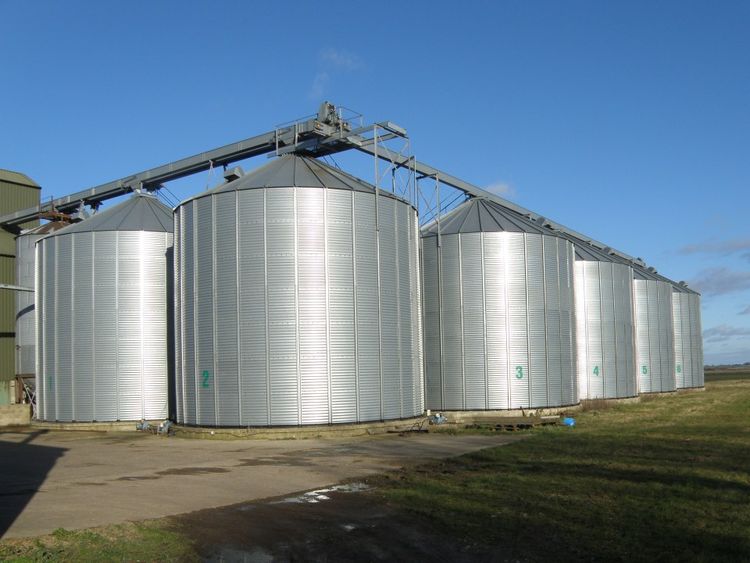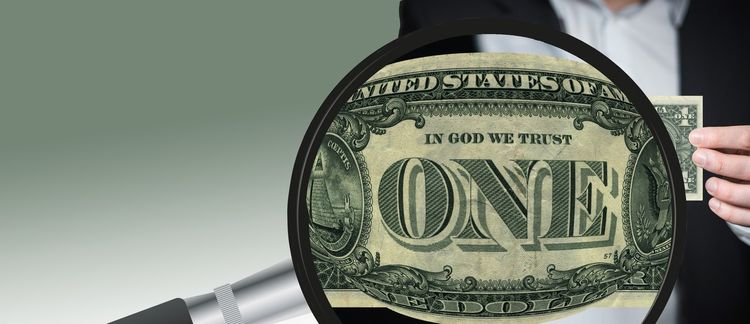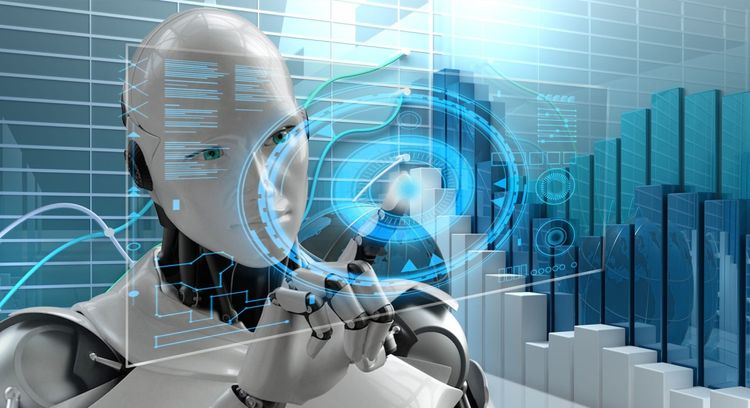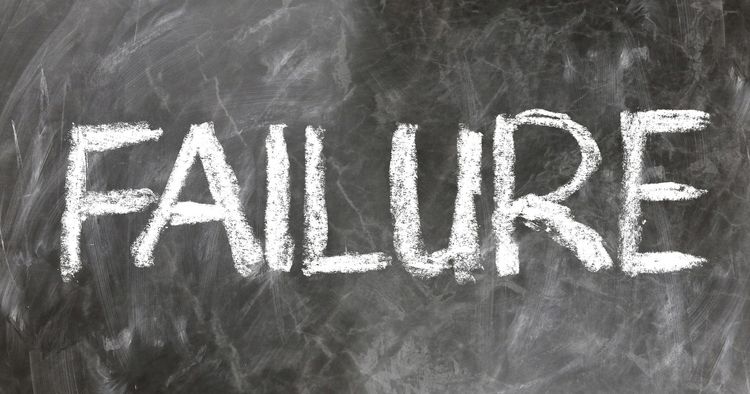So, what does the World's richest man's prediction - that Amazon will fail - actually tell us?

Over the weekend, some would have been clutching onto the straws - on either side of the Brexit divide - while others might either have been catching up on all the horrible news around the world, distracting as best as possible with the sports or perhaps just being pleased it was the weekend.
There was, however, some news that may have evaded some of us: that Jeff Bezos (the World's richest man) has predicted that his company (@Amazon) will fail. This "leaked" news, perhaps not too surprisingly, sent shockwaves through the stock market and Amazon's share price tumbling down - towards earth.
But for some, it all seemed a bit strange.
In an interesting debate - amongst a group of friends - one's challenge back to the news was "but isn't learning from failure the new buzz in town and meant to be the new way of doing business?"
He was absolutely right. Learning from failure indeed seems to be the new way to succeed - in business. In fact, billionaire inventor Sir James Dyson declared that it took "15 years creating 5,126 versions that failed" to eventually make his first Dual Cyclone vacuum cleaner, a Morihei Ueshiba quote suggests that "Failure is the key to success; each mistake teaches us something" and the Harvard Business Review has actually documented Strategies for Learning from Failure.
So, "how do we conceivably reconcile these polar notions of failure? One seems ultimately good and the other ultimately bad?", our conversation continued.
One of the answers settled on was that, there was a need to consider two broad categories of failure: the iterative and the incremental.
Iterative failure seems to associate itself with the kind of intentional experiments routinely conducted by the Netflix Chaos Monkey - which randomly chooses servers within their "production environment and turn them off during business hours" in order to extend their known boundaries of operational resilience (also available on GitHub for those who might fancy a bit of added chaos across their technology landscapes). This fail fast approach to innovation and feature delivery now seems the standard that underpins what is fast transforming into a speed economy - across the business world - and is habitually employed by such big hitters as, Google, Facebook, Apple and LinkedIn.
Incremental failure - on the other hand - seems more closely linked to the total failure experienced by the likes of Blockbusters (which I alluded to in a previous piece), the big Lehman Brother's crash that caused global financial systemic failure (here is a previously published paper on how data might prevent a future occurrence) or of the ilk that Jeff Bezos fears is an inevitability for Amazon. The drivers that underpin this kind of failure seem to include cumulative lack of innovation, complacency, indecision, inactivity or hyperactivity.
Interestingly, both "doing nothing" and "doing too much" were considered potential danger scenarios!
Dosage seemed the other key factor to consider.
To explain this, the analogy of vaccinations was chosen - where minute quantities of a disease causing bacteria may be introduced into our bodies in order to protect us from larger quantities and, as such, from the disease. Too little and the vaccination would be infective, yet too much and it could lead to fatality.
So, what does the World's richest man's prediction - that Amazon will fail - tell us? If nothing else, it says,
"failure is inevitable, and so, our best route to success would be to deeply understand its various forms and how to either avoid or learn from them."
I found this exercise quite useful and reassuring - and I hope some find this shared context useful too.
Thank you.
Credits
- The Innovators DNA (Harvard Business Review) - By: Jeffrey H. Dyer, Hal B. Gregerson, Clayton M. Christensen
- Black Box Thinking - The Surprising Truth About Success - By: Matthew Syed
- The Phoenix Project - A Novel about IT, DevOps, and Helping Your Business Win - 5th Anniversary Edition - By: Gene Kim, Kevin Behr, George Spafford
- The Four - The Hidden DNA of Amazon, Apple, Facebook and Google - By: Scott Galloway






Member discussion